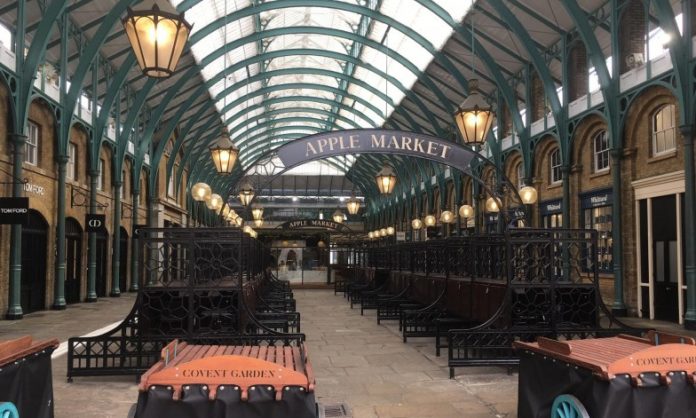On Monday 23rd March, Boris Johnson announced sweeping new restrictions to daily life. These restrictions are an attempt to curtail the UK’s outbreak of COVID-19. As well as previously enforced school closures, people in the United Kingdom can now only leave their homes to commute to and from work, shop for essential items, exercise once a day and fulfil medical and care needs. Undoubtedly, the lockdown has influenced many facets of society and day to day life.
Economic impacts
With businesses closing temporarily and economic activity dropping, the anticipated impact on the economy is stark. To protect the UK’s economy, Chancellor Rishi Sunak has announced a £330 billion loan scheme to support businesses as well as a business rates holiday. £20 billion in other aid has also been announced as well as grants for retailers and pubs. Furthermore, to shore up the economy, interest rates have been cut to the lowest level in the Bank of England’s history to just 0.25%. The Government has also attempted to safeguard the individual. Chancellor Rishi Sunak announced that the Government would cover 80% of British workers’ wages or up to £2,500 a month for people who are not working due to COVID-19 but are still on a company’s payroll. A similar package to safeguard the self-employed is also set to be revealed in the coming days.

Societal strain
The National Health Service is expected to come under significant strain in the coming weeks. To bolster the NHS in this difficult time an army of 405,000 volunteers have signed up under a Good Samaritans scheme to help vulnerable people stay safe at home. There will also be a major rise in NHS staffing with 11,788 retired medical staff returning to work, including 6,147 nurses and 2,660 doctors. London’s ExCel Centre is also to be turned into a makeshift 4,000-bed hospital named the NHS nightingale. This will help somewhat to mitigate problems in the UK’s epicentre.
 While the NHS takes the most direct and harrowing brunt of the COVID-19, crisis sectors such as commerce and education also face complicated times. Supermarkets have faced extra demand particularly for food and essential items, especially with the closure of restaurants and cafes. Moreover, there have been accusations of panic hoarding of food and essential items. Pictures of bare shelves have been circulated across social media.
While the NHS takes the most direct and harrowing brunt of the COVID-19, crisis sectors such as commerce and education also face complicated times. Supermarkets have faced extra demand particularly for food and essential items, especially with the closure of restaurants and cafes. Moreover, there have been accusations of panic hoarding of food and essential items. Pictures of bare shelves have been circulated across social media.
Families have also have had to adapt quickly to the lockdown. With school closures, parents are having to keep their children educated and entertained. It is unclear how assessment is going to take place which is a particular worry to those teenagers who hope to attend university next year.
Some positives
While the COVID-19 spread continues to cause devastating damage to the economy and human life, there have been some positives. UK cities have seen a significant drop in air pollution. Lockdown measures have resulted in a dramatic decrease in work and travel. Assessments of roadside monitoring from cities such as London, Birmingham and Glasgow have shown reductions in pollutants such as nitrogen dioxide. This will have great health benefits for people living in those cities. In addition, there have been many of acts of kindness and appreciation across the country such as the mass round of applause in support of NHS workers at 8 pm on 26 March. In the Clap for Carers initiative, people took to their doorsteps, balconies and windows applauding, banging pans and tooting horns. Iconic buildings around the country were also lit up in blue.
Additional links:




